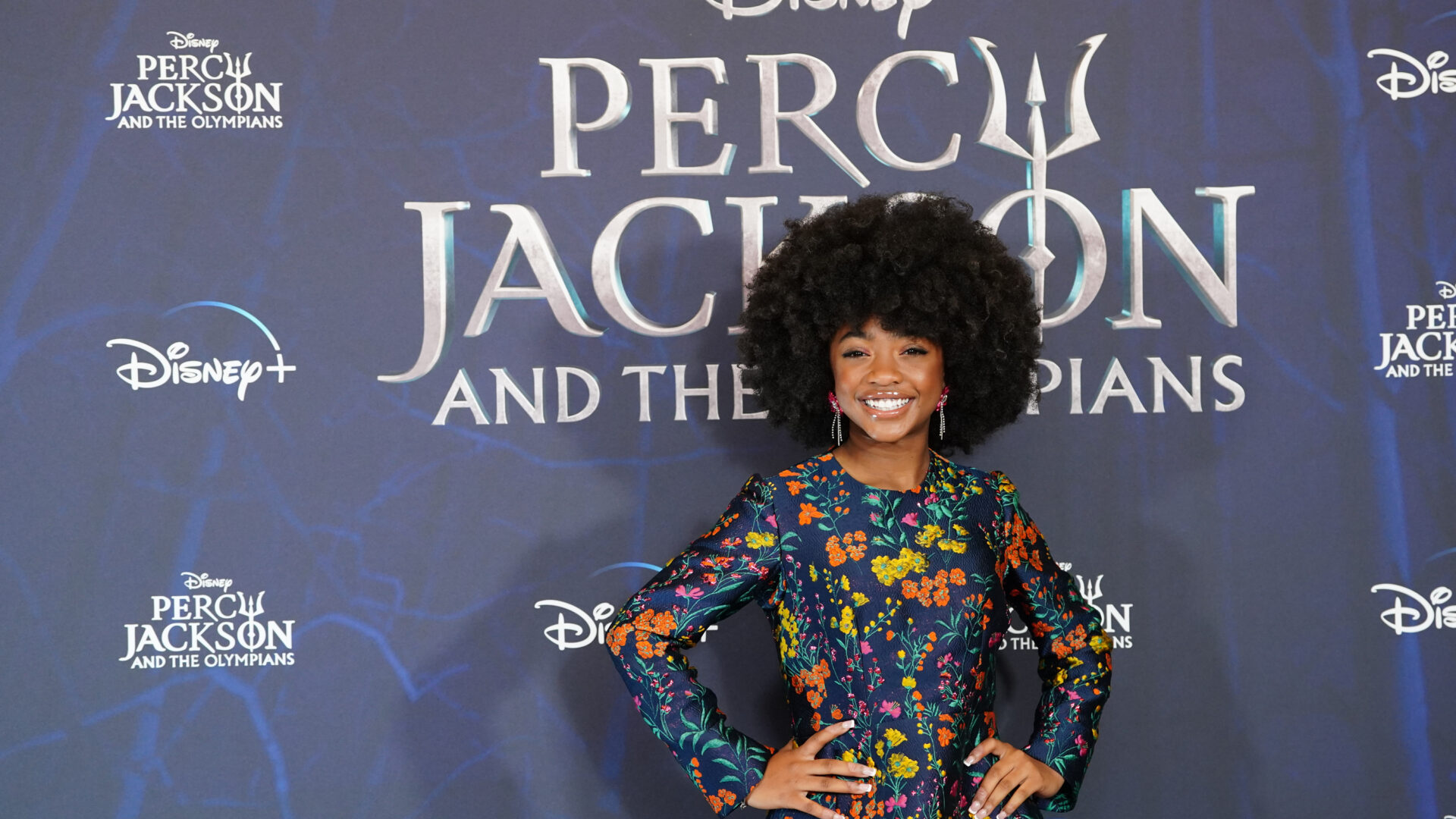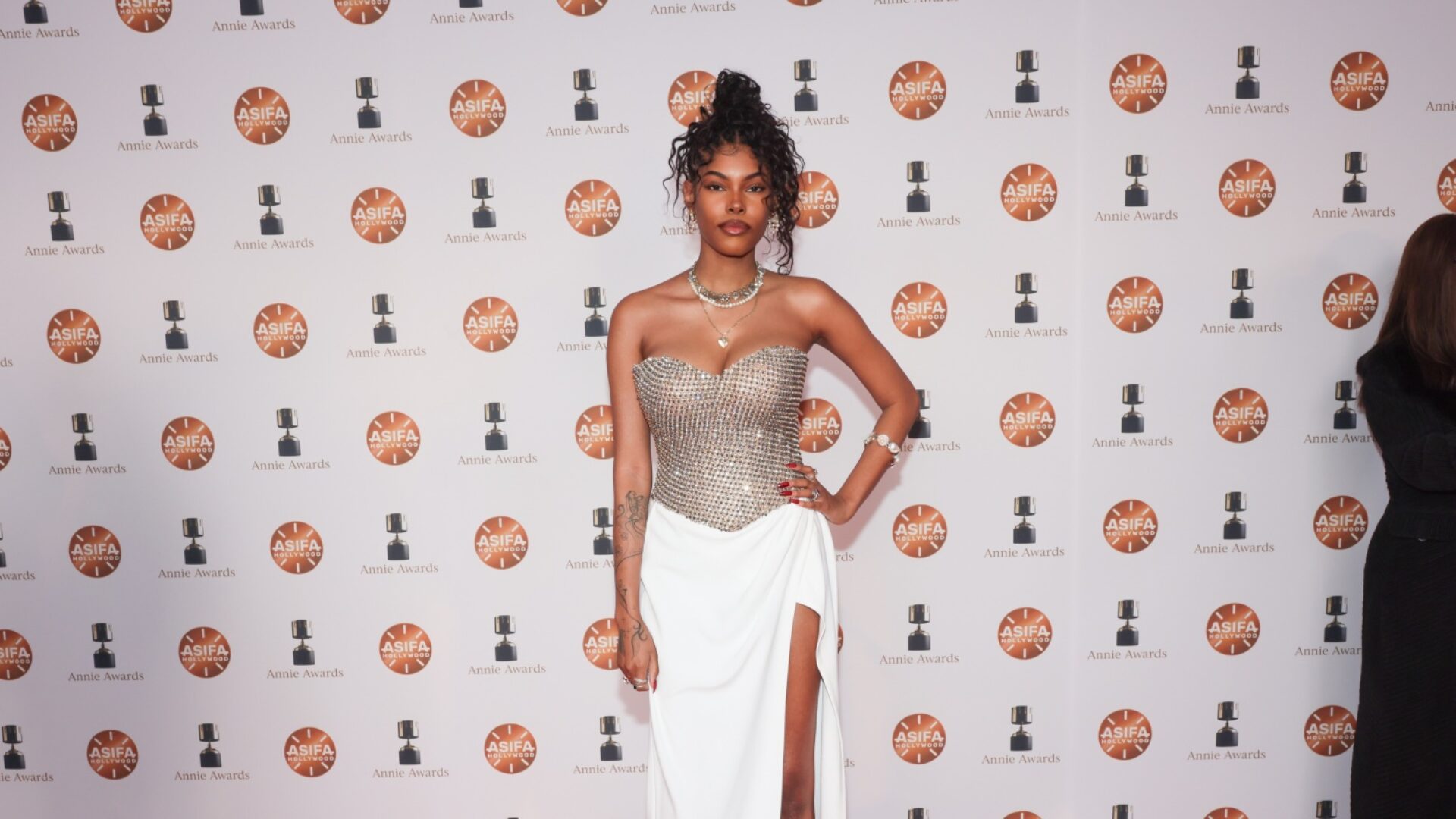
Growing up, I loved tuning into science fiction and fantasy shows like Buffy the Vampire Slayer, Charmed, and Supernatural. The complex romances, intergalactic special effects, and multi-layered storylines sold me, but something was missing. I realized that I wasn’t represented in those casts and episodes.
Black sitcoms like My Wife and Kids or Girlfriends existed and thrived in the early aughts, but it was nonexistent to have a Black woman as the main character, let alone an entire Black cast, in sci-fi or fantasy media. Cartoon Network’s Static Shock held me down on Saturday mornings, but it wasn’t enough. Virgil Hawkins, the protagonist of Static Shock, is a 14-year-old boy, so I could only relate to him to a certain extent. Eventually, X-Men Evolution landed on my TV, but I saw myself only in Storm and her nephew Spyke. It still wasn’t enough.
By 13, I familiarized myself with Nichelle Nichols, who played Uhura in Star Trek, and Martha Jones, who starred alongside David Tennant in Doctor Who. My Tumblr era wouldn’t have consisted without Candice Patton’s Iris West-Allen, Kat Graham’s Bonnie Bennett, and Nicole Beharie’s Abbie Mills. At this point, I was a chronically online teenager who fully leaned into my nerdy hobbies and interests, so I intentionally sought out the Black characters in any media I watched. Most were women in their twenties, so my teenage self didn’t fully relate to them.
In February 2022, an animated Lunella Lafayette graced the screen for 16 episodes of Marvel’s Moon Girl and Devil Dinosaur, and I was left in tears after the pilot. Voiced by Diamond White, Lafayette lives with her family in the Lower East Side of Manhattan, where plot lines occasionally tackle texturism and gentrification. It’s almost reminiscent of Static Shock’s knack for effortlessly integrating racial history into plots. Like Hawkins, Lafayette doesn’t solely exist as a Black character facing the woes of being a Black youth. She’s just a kid genius who occasionally saves civilians from harm with her pet dinosaur.
Read ‘Meet The Gen Z Creators Designing Black Hairstyles For Roblox’

LOS ANGELES, CALIFORNIA – FEBRUARY 17: Diamond White attends the 51st Annie Awards at Royce Hall on February 17, 2024 in Los Angeles, California. (Photo by Paul Archuleta/Getty Images)
Last December, Percy Jackson and the Lightning Thief aired its first season on Disney+ as the long-awaited revival of the 2011 short-lived movie. In 2022, Rick Riordan, the author of the Percy Jackson series, announced that Leah Sava Jeffries was officially cast as Annabeth Chase. In the books, Annabeth is described as having “curly blond hair, tan skin, and stormy gray eyes,” Alexandra Daddario played her role in the Percy Jackson two-film series. However, Jeffries is a 14-year-old Black girl, so this news was considered a controversial casting.
Riordan shared that “Leah Jeffries is Annabeth Chase” and cited that her “years of hard work honing her craft, her talent, her tenacity, her focus, her screen presence” led her to be the perfect fit for the role. It was revolutionary that a Black girl was cast as one of the main protagonists in the series since it’s an unfortunate rarity for a dark-skinned Black girl with texturized hair to receive a main role in the science fiction and fantasy genres.

Leah Sava Jeffries, attends the UK premiere of new Disney+ series Percy Jackson and the Olympians, at the Odeon Luxe, Leicester Square, central London. Picture date: Saturday December 16, 2023. (Photo by Ian West/PA Images via Getty Images)
Often, misrepresented characters succumb to a stereotype, poor writing choices that don’t offer the character any potential, or are sidelined to aid their white costar. Shows with Black women protagonists are being canceled prematurely, or they’re being greenlit with little to no updates. Earlier this month, MTV Entertainment studios decided not to proceed with Jodie, the long-awaited spinoff of satirical sitcom Daria, starring Tracee Ellis Ross. And without a recent update by Dominique Thorne, the status of Marvel’s Ironheart series would’ve remained a mystery.
I’d like to think that in the next five years, there will be more racebent roles like Annabeth and a variety of original series that intertwine escapism for young Black girls. Riordan said that Jeffries will be “a role model for new generations of girls who will see in her the kind of hero they want to be,” I wholeheartedly believe that she’ll receive her flowers for her performance.
A Hollywood where Black actresses can receive support for their roles from showrunners, fans, and fellow castmates without being subjected to misogynoir is one we can hope for. If not for adults, but for the young Black girls watching TV.